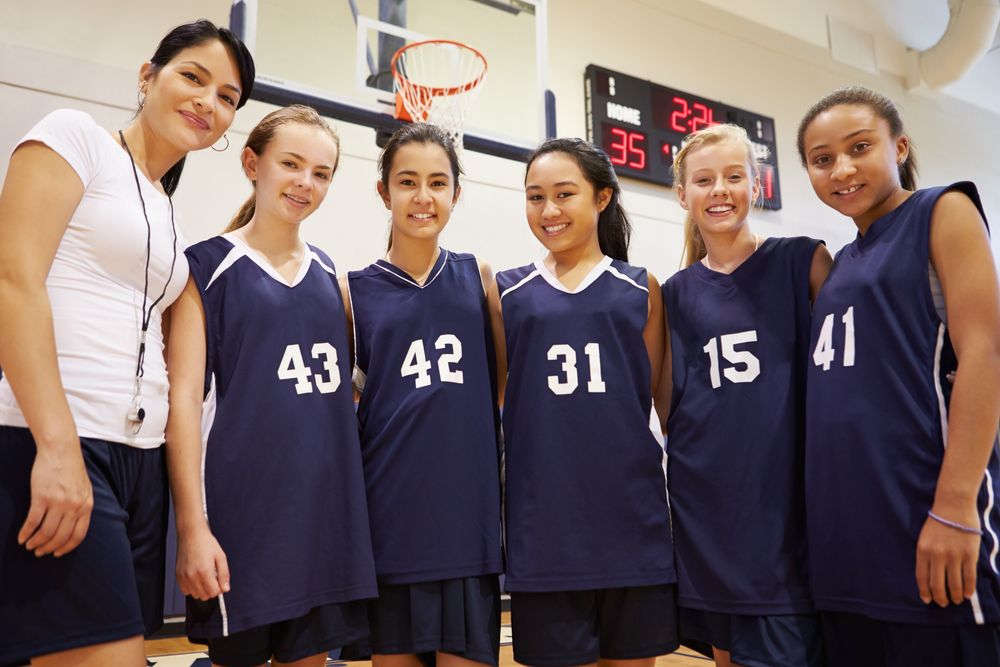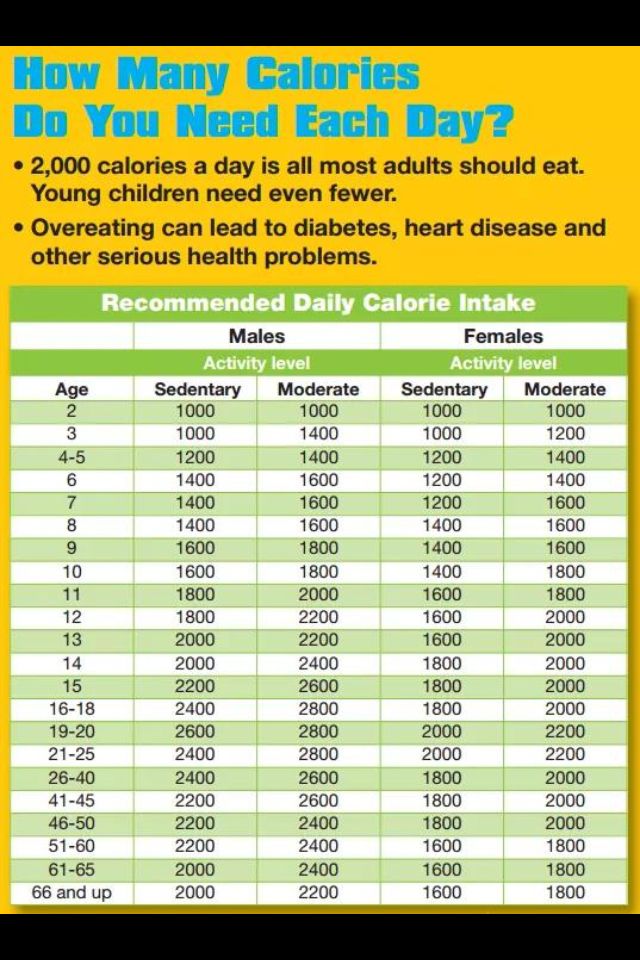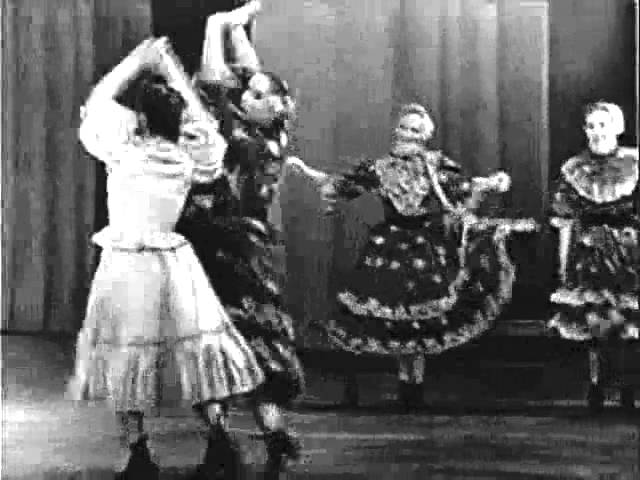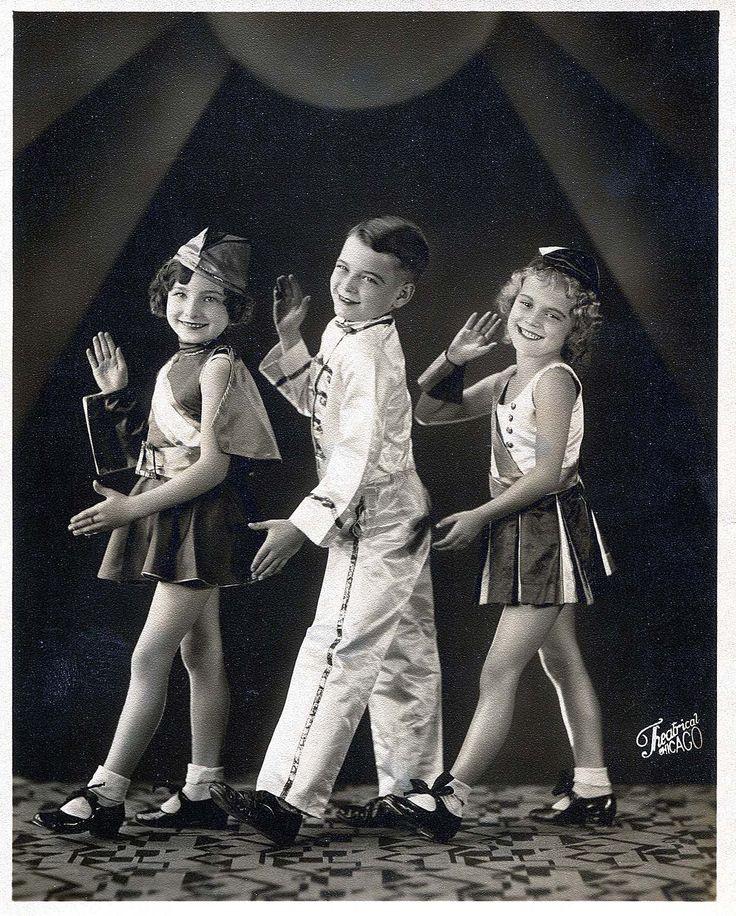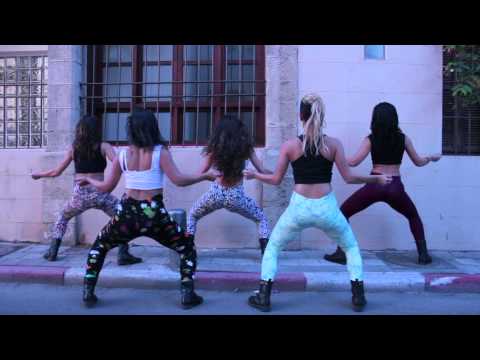How to coach a high school dance team
Beginner Dance Team Coaching Tips for School Coaches – Rookie Mentor
Being a coach for any team can be incredibly overwhelming, and this is especially true if you are also a young teacher. Finding a balance between your day job and your coaching gig is like walking a tightrope, and if you are not careful, you may topple over. If you are a new dance team coach, then you may quickly learn that coaching a dance team involves more work than you initially realized.
Our keys to a successful dance team and season are as follows;
- Fostering a Family-Like Environment
- Building Leadership
- Rules and Expectations
- Keeping a Schedule
- Fundraising, Major Purchases, and More!
From the first day you accepted the position as coach of the school’s dance team, you were most likely bombarded with questions about costumes, dance camp and choreographers. Oh and the “dance moms” asking the questions, they typically don’t want to wait for you to find out those answers.
The good news is that getting control of your team and learning to balance work life with dance team life is absolutely do-able though.
Our list for a successful dance season is not exhaustive; it is actually very basic. If you are going to run a successful dance team you will learn that there is so much more that goes on behind the scenes, but this list is a great place to get started. Keep reading to learn more about the basics of running a successful dance team.
How Do I Create a Family Environment?
Creating a family environment takes time. Teamwork building is crucial in the early days of dance team practice.
Typically, dance team tryouts occur at the end of a school year and practice begins in April and May for the next school year.
Of course, your dance team will more than likely attend a dance camp over the summer, so using those early days as team-building efforts can greatly boost the environment of your dance team.
Be aware that some dance moms are no friend to the careful loving, supportive team environment that you create.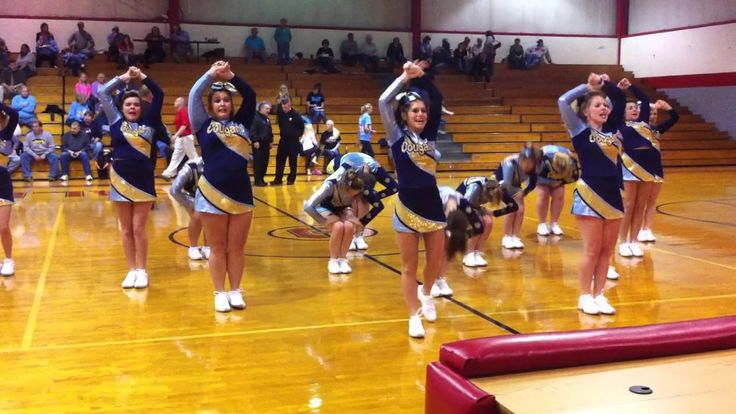 In fact, there could be some dance moms who are far more successful at tearing down positivity than embracing it.
In fact, there could be some dance moms who are far more successful at tearing down positivity than embracing it.
Getting the dance moms on your side early is an important step in building this family environment.
Related post: Why Coaches Should Encourage Parents to Attend Sports Practice
Our favorite tactic for getting dance moms on board is to let them feel like they are a part of the decision-making process (though this doesn’t mean you need to action everything they suggest).
Finally, having your dance team feel like a family is important for their success. Dance teams need to move together as if each individual child was one person melded together.
You are never going to achieve that kind of cohesiveness if you do not put in the effort to build a positive environment for your team.
Read: What Does A Team Parent Do? 17 Ways To Stop A Coaches Headache
Dance Team LeadershipHaving the right girls in leadership positions on your team will make all of the difference.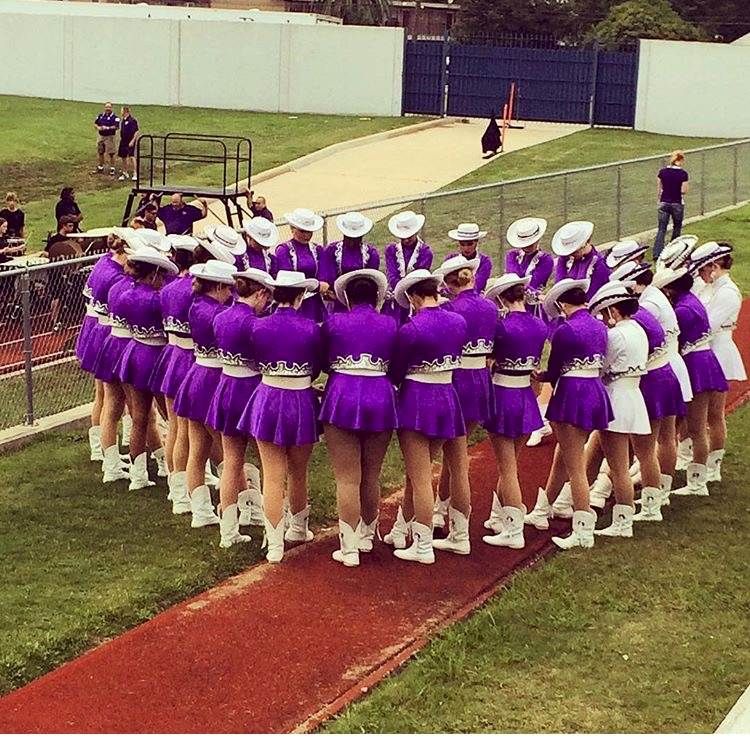
Typically, dance captains are chosen through a combination of seniority and try-out scores.
We will make the point, though, that as the coach you will have the opportunity to write your own rules regarding how leadership positions are chosen (more on that later.)
We strongly urge you to consider allowing the girls to ‘apply’ for leadership positions within your team. Having the right child in a leadership position can really take the pressure off of you as a coach.
By moving beyond the simple seniority and technique model, you will be able to truly see the potential in your girls. The more experienced girls are not always the most motivated leaders and that can make a huge difference.
Interested in learning about choosing captains? Check out this post.
Setting Up Rules and ExpectationsSetting up a handbook for your dance team can be an extraordinarily daunting task. After all, whatever it is that you put in this handbook will be the guiding force for your team for an entire school year.
This dance team handbook has been refined over several years of learning experiences, and we can share the tips and tricks with you. However, keep in mind that you should make your handbook your own.
Here is a brief description of each of the sections in our dance team handbook:
The Overview: This is where you describe yourself as a coach. Detail goals for the dance team in this section. The idea is to give the girls a fair idea of what to expect during their time on the dance team.
Eligibility Requirements: This is very important. What are the requirements for your team to remain eligible to dance? Do they need a certain GPA? How many excused/unexcused practices are they allowed? Also, review school policies regarding physicals, drug tests, insurance liability, etc.
Dancer Responsibilities: Young dancers need a very clear layout of the expectations placed on them. We believe you should give the dancers a very specific outline of what is expected from them at each of the following events:
- Practices
- Choreography/Dance Camp
- 3) Game Day/Performances, 4) Fundraisers.

Lay out your expectations for behavior, conduct, attire, and routines for each of these events.
Merits and Demerits: You will quickly learn that you may sometimes get a phone call from one of your athletes’ teachers regarding both positive and negative behavior in the classroom.
Why don’t you implement the classic system of merits and demerits?
Include this section in the handbook so that dancers are aware from the very beginning what the rewards and punishments are for merits and demerits.
Keeping a ScheduleScheduling dance practice can be a bit of a headache – but trust us on this one!
Especially if you have dancers who simultaneously dance for a competitive dance studio, you may find that scheduling conflicts happen more often than not.
Scheduling weekly, recurring practices is absolutely the best formula when working with dance team scheduling.
An even better practice is to announce those weekly practices before tryouts.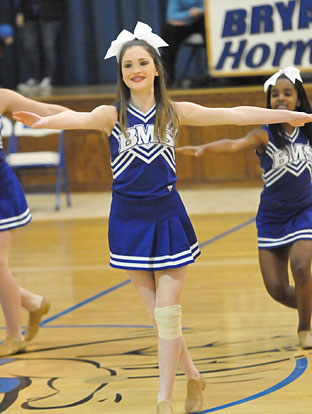 Dancers who dance for a competitive studio will be able to work for their studio classes around your weekly practices.
Dancers who dance for a competitive studio will be able to work for their studio classes around your weekly practices.
Being a member of middle or high school dance team can quickly become expensive.
Parents will immediately look to you for advice about how much fundraising will be done by the team and how much they will realistically expect to spend on the dance team.
FundraisingLearning how to effectively fundraise truly is an art. Parents expect to fundraise, but they do not want to have to pedal candles door to door in their neighborhood. Therefore, fundraising becomes a creative endeavor. You will have to find what works for you, but we are going to list a few of the great successes below.
Host a School FormalHosting a middle school winter formal can be a large money maker for you.
Middle school students typically do not get a prom and they crave the same fun experiences their older siblings get to enjoy..jpg?width=790&name=Wayzata%203A%20Jazz%20(1).jpg)
Hosting a semi-formal for middle school students requires renting a building and gathering some decorations, but for the most part your dancers are able to get most of the leg work done.
This is a good opportunity for the team to practice some dance moves too!
Sell Candy-Cane GramsThis is a quick and easy fundraiser than can be done with virtually any holiday.
Simply sell the grams for $1, have the students fill out a form, attach a message to a piece of candy and deliver!
What Do We Need to Purchase?Each girl needs a dance team uniform. Most dance teams have two uniforms: one for basketball season and one for football season. The team will also need jazz shoes and hip hop shoes for wear on the football field. Additionally, the team needs pom poms that coordinate with their uniforms for pom routines.
Further, most schools purchase two or three matching outfits to wear to dance camp. These same outfits can be worn in parades or casual performances at later dates if desired.
Your dance team will also want to attend a dance camp, these are hosted in each state and usually occur on a college campus. This can get expensive, so you want to start crunching numbers as soon as you can.
Do I Need to Hire Help?
We met a teacher who had hired a local dance teacher to ‘clean’ dances for her. Depending on your expertise, that could be an expense that you decide to cut.
If you have never had any experience in the world of competitive dance, then you may want to consider reaching out to local dance studios or college dance programs for part-time help.
Summary: Beginner Dance Team Coaching Tips for School Coaches
Coaching a dance team is tiring and at times it can be quite stressful, but there are a lot of things a coach can do to proactively eliminate stress.
Following this guide will help create a solid foundation for a successful dance team and an extremely enjoyable dance season.
Cheers,
Emma
Top 10 Tips for New Dance Team Coaches
The first year as a new coach is challenging, thrilling, emotional, and wonderful all at the same time.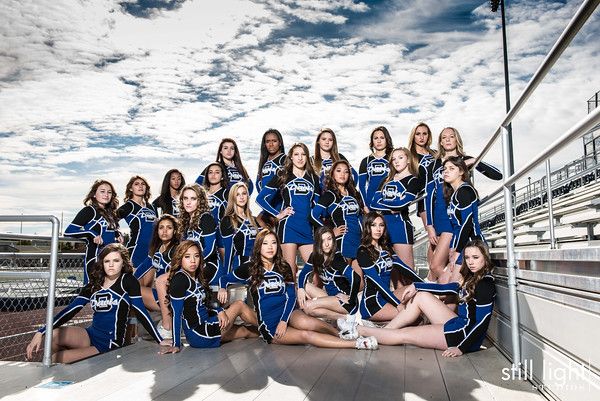 I remember my first year coaching my own team and it felt like magic! I spent hours working on team calendars and constitutions, planning our pom choreography, organizing fundraisers and prepping games to get to know the team. My first year, I was hired in May but not allowed to have tryouts until August so I spent all summer as a new coach trying to learn all…the…things!
I remember my first year coaching my own team and it felt like magic! I spent hours working on team calendars and constitutions, planning our pom choreography, organizing fundraisers and prepping games to get to know the team. My first year, I was hired in May but not allowed to have tryouts until August so I spent all summer as a new coach trying to learn all…the…things!
That need to learn so much is the issue though, and one of the reasons I started this Passionate Coach village in the first place. There is so much to learn!! It felt like every week there was something I didn’t know or a mistake I made because I just didn’t know any better.
And while I loved my first year as a new coach, I wish I had some guidance. So I’ve gathered together some of the best advice from other coaches and my own nuggets of information into one place…
#1: Consistency
This can be hard at first when you don’t know your own leadership style or how you will coach. But the goal in the first year is to find that rhythm.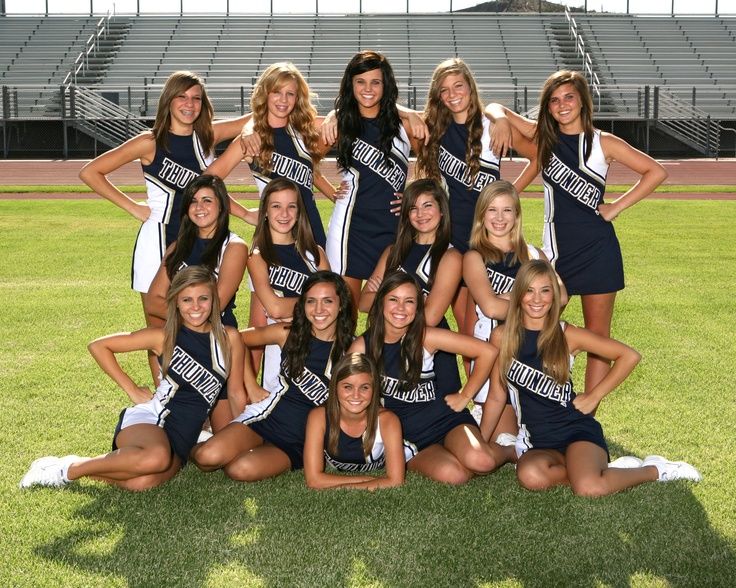 Decide how you will handle discipline, determine your level of expectations for yourself and the team. Then be consistent! If you make a discipline decision, be consistent with any future disciplinary issues. If you start off and say you’ll send a parent email every Sunday night, stick to it. The best thing you can do for a new team is to help them get to know you so they understand the system. You want them to know your pet peeves and what makes you really excited. To understand your facial expressions and you want them to understand your coaching style so they can thrive in that environment. The best way to help them learn the system, is to have a consistent system.
Decide how you will handle discipline, determine your level of expectations for yourself and the team. Then be consistent! If you make a discipline decision, be consistent with any future disciplinary issues. If you start off and say you’ll send a parent email every Sunday night, stick to it. The best thing you can do for a new team is to help them get to know you so they understand the system. You want them to know your pet peeves and what makes you really excited. To understand your facial expressions and you want them to understand your coaching style so they can thrive in that environment. The best way to help them learn the system, is to have a consistent system.
Now if you make a leadership choice and decide it’s not working, you can change your mind as long as you do it with clear communication (see #2). And sometimes you have to roll with it and make a change for next year so it’s not too much of change all at once.
Also be consistent in your own efforts for growth. You’re not trying to be the perfect coach in year 1. You’re trying to be 1% better every day. That adds up to amazing results, so just be consistent in your efforts for growth and you’ll start to see the magic happen.
You’re not trying to be the perfect coach in year 1. You’re trying to be 1% better every day. That adds up to amazing results, so just be consistent in your efforts for growth and you’ll start to see the magic happen.
#2: Clear is kind
Communicate clearly and often. If you have athletes under 18, set communication guidelines for the parents and stick with it. No matter what level you coach set up a clear communication chart so you know when/who/how/what will be communicated on your team.
If you want help setting that up, it’s a part of my Dance Coach’s Planning Toolbox!
Check out the Planning Toolbox!It’s easy enough to communicate simple things like what to wear, where to be, and the rules for game day. When this advice for “clear is kind” really matters, is in the HARD conversations. As challenging as it is for many coaches, don’t shy away from the hard conversations. You have to step up and be the coach. Don’t hide the real reason behind a decision or beat around the bush.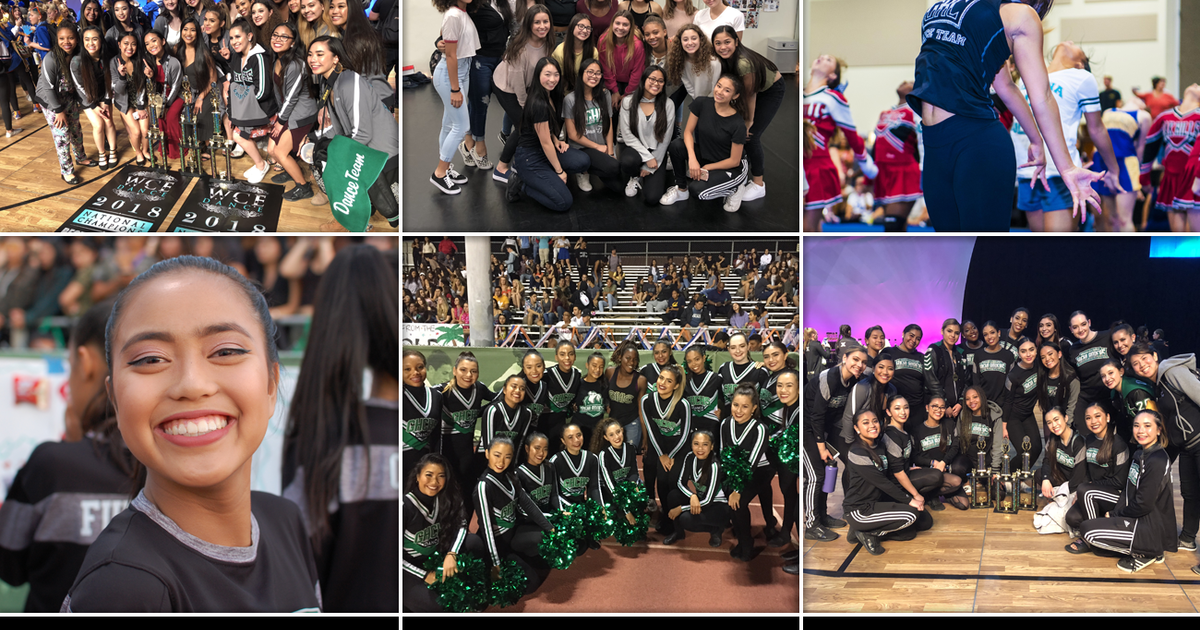 Say what you mean and mean what you say. No matter the age of your athletes, it’s important to model for them how to handle conflict and disappointment. Teach them to speak up respectfully and receive negative feedback with grace. In all of your communication, be clear about your thought process, expectations, and choices.
Say what you mean and mean what you say. No matter the age of your athletes, it’s important to model for them how to handle conflict and disappointment. Teach them to speak up respectfully and receive negative feedback with grace. In all of your communication, be clear about your thought process, expectations, and choices.
#3: Don’t be afraid to ask for help
You’ve probably heard this time and again, and I’ve talked about it a lot (see: Why Mentoring is the Best Medicine). But I’ll say it again. Find your village! Reach out to local coaches, join local and national associations, make connections with the other sport coaches in your school. Don’t go it alone. It takes most coaches years to learn that it’s ok to ask for help. Start with year 1 and you’ll be way ahead of the game!
#4: Encourage parents to help with appropriate jobs
If you coach a team of athletes under 18 (and even in some situations for college teams) it’s a good idea to encourage parents to get involved how you want them involved. Keeping parents at arm’s length and insisting you can handle it all yourself is a rookie mistake. There are usually many parents who want to be involved and if you give them projects and ask for help with things outside of dance there will be at least a few parents willing to jump in and support you. That also allows you to set boundaries and stick to them. Tell parents where you need the help and that allows you to say where you don’t need any help. Get them involved in the right things, maybe team dinners, fundraisers, carpools, making reservations etc. Embrace the parents who want to help and guide them to the type of help you need. You don’t have to accept every suggestion and offer they give you, but you don’t need to shut them out either.
Keeping parents at arm’s length and insisting you can handle it all yourself is a rookie mistake. There are usually many parents who want to be involved and if you give them projects and ask for help with things outside of dance there will be at least a few parents willing to jump in and support you. That also allows you to set boundaries and stick to them. Tell parents where you need the help and that allows you to say where you don’t need any help. Get them involved in the right things, maybe team dinners, fundraisers, carpools, making reservations etc. Embrace the parents who want to help and guide them to the type of help you need. You don’t have to accept every suggestion and offer they give you, but you don’t need to shut them out either.
#5: You are always learning and you are not always right
It doesn’t matter if you’ve been coaching 2 years or 20, we are always learning. One of the best lessons you can teach your dancers is that it’s ok to try something new and make a mistake. You are learning, so admit your mistakes and be the role model for how to handle that with maturity. Your team will respect you more, forgive the mistake, and then understand that they too can make a mistake in the name of learning.
You are learning, so admit your mistakes and be the role model for how to handle that with maturity. Your team will respect you more, forgive the mistake, and then understand that they too can make a mistake in the name of learning.
#6: The 24-hour rule
This is a tried and true rule I’ve heard from dozens of coaches and I believe in it too. It works in two ways. First, if you get a nasty parent email or text, or your AD gives you bad news, take 24 hours before you answer. Don’t write that email in anger! Blow off steam, give yourself a chance to process and don’t respond or talk about it right away.
Second, explain to parents and dancers that the 24-hour rule applies to them too. If they don’t like a choice you’ve made or have something mean to say about the team, they need to wait 24 hours to contact you about it. Explain the rule at the beginning of the season and stick to it! Of course, not everyone will respect this rule and you’ll still get that angry text. So put the two rules together… when you get a note that makes you crazy you text back, “we can talk about this after 24 hours,” then stop responding.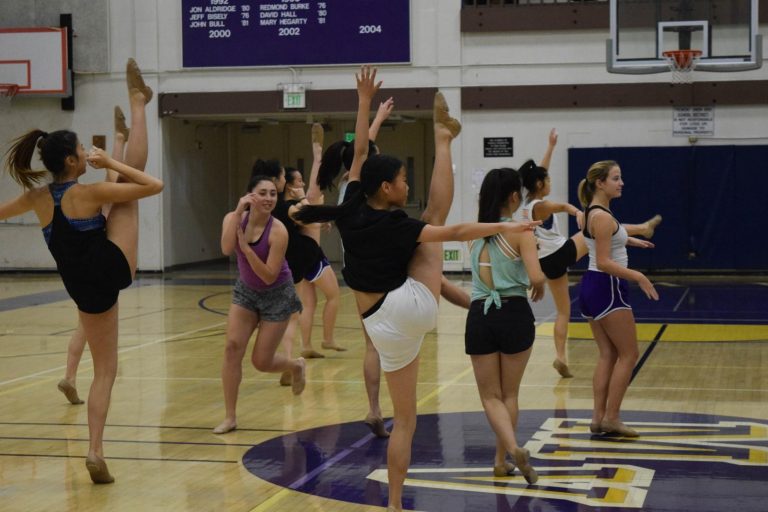 Give yourself 24 hours and give that person time to cool off and arrange for an appropriate time and place to talk (with an assistant coach or AD if it’s a pissed off parent!) Emotions can calm down a lot in 24 hours and nothing good comes from rapid fire angry texting and emails!
Give yourself 24 hours and give that person time to cool off and arrange for an appropriate time and place to talk (with an assistant coach or AD if it’s a pissed off parent!) Emotions can calm down a lot in 24 hours and nothing good comes from rapid fire angry texting and emails!
#7: Hold regular check-in meetings
Going along with consistency, it’s important to have small yet regular check-ins. Ask the team how they are feeling, if they prefer Friday afternoon or Saturday morning practices, what they want the music to be for homecoming, etc. It makes a huge difference. Let the team know you care about their thoughts and opinions. Check-in with the team as a large group, small groups divided by grade or veterans/rookies, and if time allows, check-in individually at least twice a season. These consistent check-ins should be done every year, but especially when you’re a new coach. Let your dancers be heard and make adjustments as you can. The best coaches always seek feedback.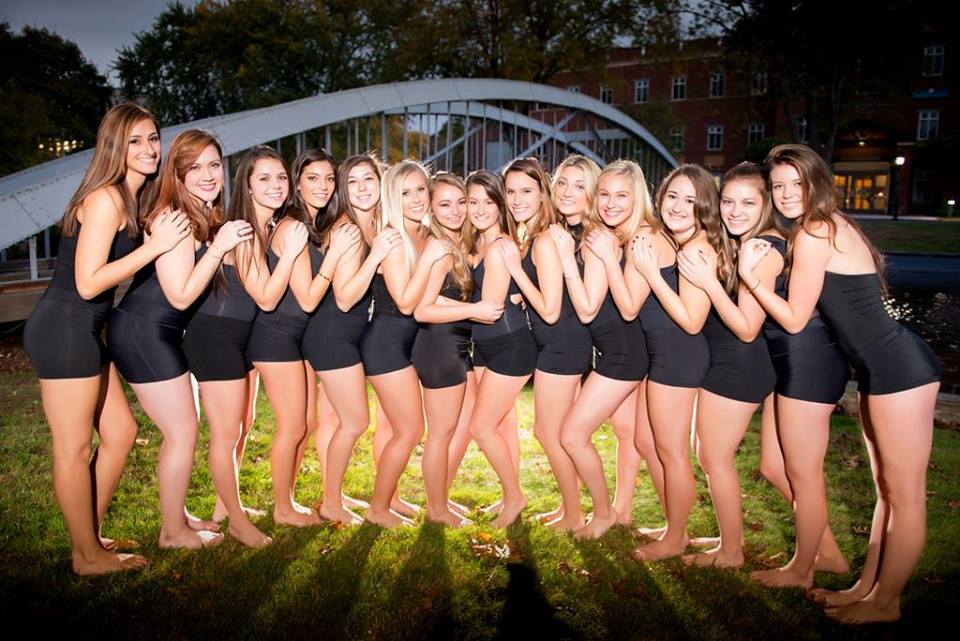
#8: Schedule breaks
Dance team world tends to be a 12 months season. That’s too much for dancers and coaches so it’s important to schedule breaks. You’ll be tempted to go crazy and stay the course at full throttle all year, but it’s too much. Plan to take the week off after nationals or state. Look at your calendar and plan to take a random 4-day weekend when it makes sense for your schedule. You all need to recharge sometimes and that’s ok! Your team will be better for it and more efficient in practice when you’re back if you step away. Plus, you, my new coach friend, will find that spark of excitement and energy again!
#9: Create a “lessons learned” document
Throughout the season, have a note in your phone, or running google doc or whatever works for you that you can update all season. Every month, take stock in something you wish was different or would like to make as a small adjustment for the future. Always update it and look at it when you’re planning.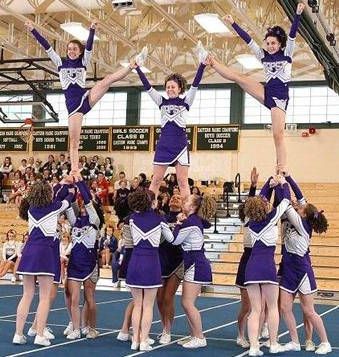 Include little things like, “order those t-shirts two weeks earlier,” or make notes about how you want tryouts to be better the week after tryouts are done. You won’t remember when they come back around! I had a running “lessons learned” word document for 12 years and it was always shifting and changing. It saved me so many times and really helped my coaching and the team evolve year after year.
Include little things like, “order those t-shirts two weeks earlier,” or make notes about how you want tryouts to be better the week after tryouts are done. You won’t remember when they come back around! I had a running “lessons learned” word document for 12 years and it was always shifting and changing. It saved me so many times and really helped my coaching and the team evolve year after year.
#10: Don’t be too hard on yourself
For many of you, you’re going into this job with high expectations for yourself, but you have to give yourself grace. No one knows how to do it all. Think about when you were a freshman on your own dance team, or your first ballet class. Did you feel 100% comfortable? Of course not! No one feels completely comfortable when they start something new, it’s ok.
Just because you’ve been a dancer for years, been on a team before, have all sorts of qualified experience, remember that you’re a new coach! Consider this: What did it feel like the first time you drove a car? You’d been riding in cars for probably 16 years, but that doesn’t mean you know exactly what to do as the driver right?!? Give yourself some grace as you’re learning on the job. You’ve got this.
You’ve got this.
- 10 Ways to Make Sure Your First Year is a Success
- Coach: Your Simple Ingredients for Personal Growth
- Creating Genuine Team Unity
Rules of the Dance Center
VERSION 2.3 DATED 06/25/2020
1. GENERAL PROVISIONS
- 1.1 These rules for visiting the Mira Network Dance Center (hereinafter referred to as the Dance Center) are mandatory for familiarization and consent of all visitors.
- 1.2 Registration on the Company's Website https://miradance.ru (hereinafter referred to as the Company's Website) is a confirmation of the visitor's consent to the Rules for visiting the Dance Center and their observance.
2. WORKING SCHEDULE OF THE DANCE CENTER
- 2.1 On weekdays the Dance Center is open from 11:00 to 22:00, on weekends and public holidays from 11:00 to 20:00. Entrance to the Dance Center closes 45 minutes before the closing of the Dance Center.

- 2.2 Changes in the working hours of the Dance Center will be informed in advance.
- 2.3 For being on the territory of the Dance Center after the time of its closing, a fine of 500 (five hundred) rubles is provided.
3. PROCEDURE FOR PROVIDING SERVICES
- 3.1 Entrance to the Dance Center is possible only with an activated electronic Dance Card of the Client or a Guest Card.
- 3.2 Activation of the Guest Dance Card is possible after registration and online payment of the full cost of services on the Company's Website. Registration of the contract, entering personal data on the Dance Card is carried out only at the service desk of the Dance Center.
- 3.3 The dance card of the guest is the property of the Dance Center and cannot be transferred to third parties. The Guest's Personal Card is a personal identifier of the Dance Center Member: no one, except the owner of the Guest's Dance Card, will be able to use it to enter the Dance Center.
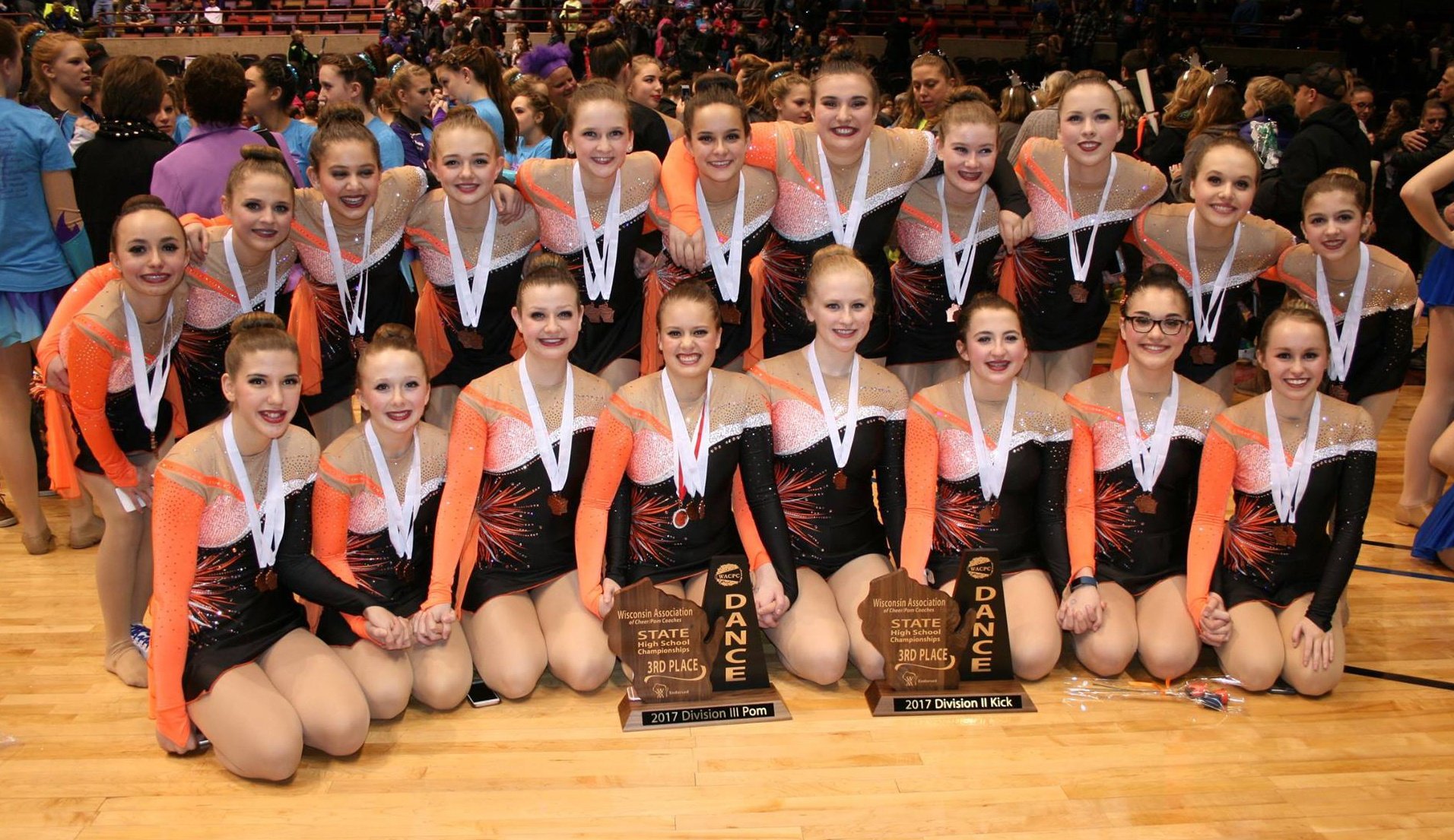
- 3.4 Only individuals from 3 to 50 years of age who simultaneously meet the following requirements can visit the Dance Center: those who wish to receive the services of the Dance Center have successfully passed the casting (selection) in the Dance Center, corresponding in terms of their level of physical and choreographic training the requirements of the Dance Center, which the Schedule is suitable for.
- 3.5 Public order must be maintained in all areas of the Dance Center. It is not allowed to: shout, make noise, come in dirty clothes, interfere with other members of the Dance Center, change clothes anywhere except the locker rooms.
- 3.6 For training at the Dance Center, you must have a change of sports shoes intended for this and a special sports uniform. It is not allowed to attend classes, in any direction, in jeans and other clothes not intended for sports. The upper body must be covered. It is forbidden to train barefoot, in beach or indoor slippers, etc.
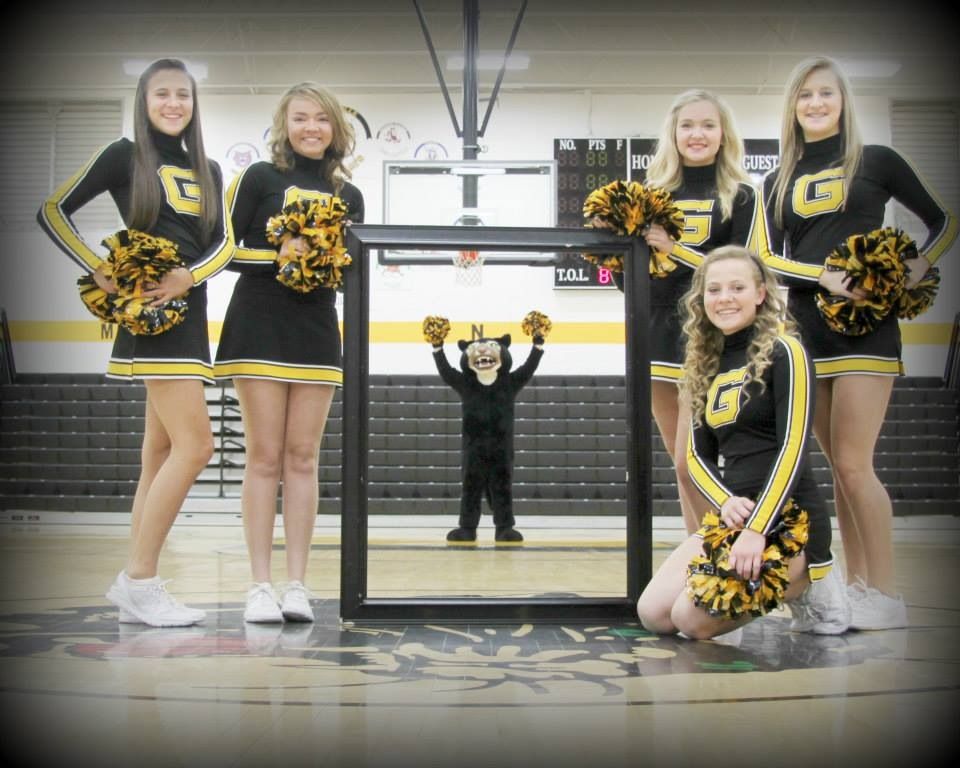 , with the exception of classes in special classes (for example, choreography, yoga, acrobatics, etc.).
, with the exception of classes in special classes (for example, choreography, yoga, acrobatics, etc.).
- 3.7 General rules of hygiene must be observed. Sportswear and sports shoes must be clean. It is not allowed to use perfumes, ointments and other cosmetic products with a pungent odor, as well as products that spoil or pollute the equipment, premises and interior of the Dance Center (honey, mud masks, oils, etc.), including those that cause discomfort to other Members of the Dance Center Center/Guests.
- 3.8 It is necessary to follow the rules and recommendations posted in separate areas of the Dance Center.
- 3.9 It is necessary to take care of the equipment and property of the Dance Center, otherwise we will be forced to suspend access to the Dance Center until the full compensation of losses.
4. RULES FOR VISITING THE CHANGING ROOMS
- 4.1 The administration of the Dance Center is not responsible for things left unattended throughout the territory of the Dance Center.
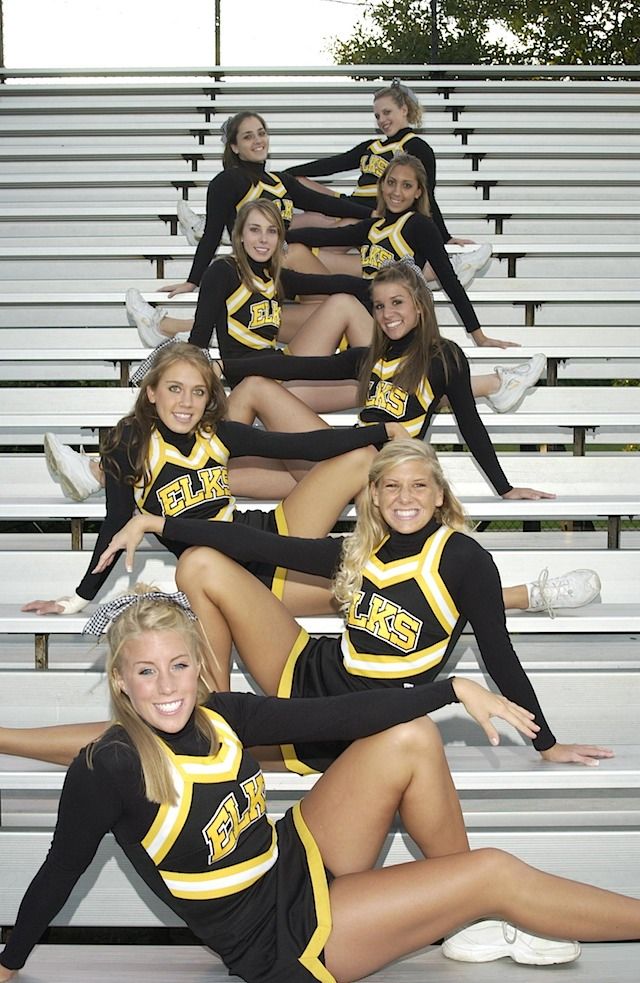
- 4.2 In sinks it is not allowed to: dye hair, use shaving accessories, wash shoes and wash clothes.
5. RULES FOR ATTENDING THE DANCE HALL
- 5.1 Access to the dance hall is possible only in special sportswear and shoes, torso and feet must be closed.
- 5.2 Before the first lesson, you must read and receive instructions from the trainer.
- 5.3 After using the equipment and inventory, you must return everything to its place.
- 5.4 It is not allowed: to touch the mirrors, start training without the presence of a coach, throw dumbbells, pancakes on the parquet floor.
- 5.5 At the end of training, you must take with you personal items and beverage containers.
6. RULES FOR ATTENDING OPEN TRAININGS
6.1 Open trainings are held according to the schedule and are available for free attendance without restrictions.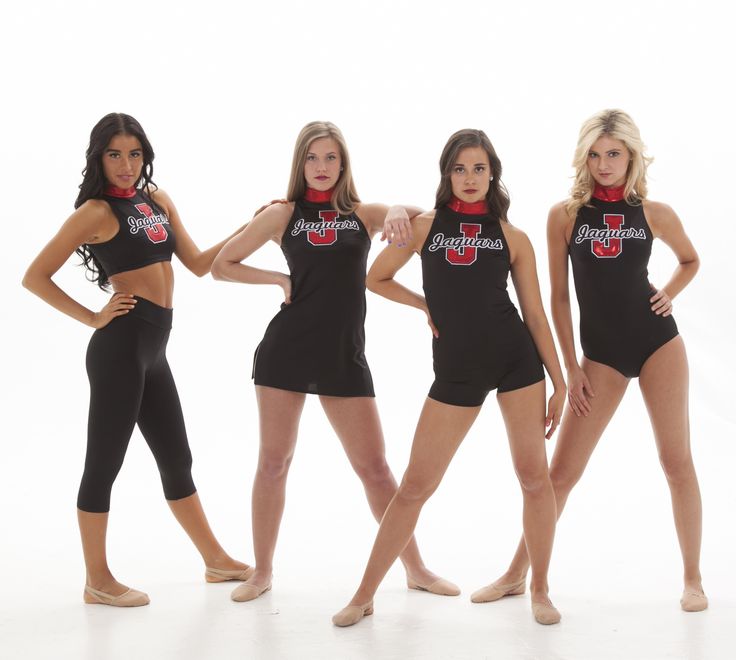
6.2 Before starting an open training session, which includes practical exercises, it is necessary to warm up on your own in order to minimize the likelihood of injury.
7. RULES FOR ATTENDING PERSONAL TRAINING
- 7.1 Personal training can only be conducted by trainers of the Dance Center.
- 7.2 Registration for personal training and its payment is carried out only in the Personal Account on the website of the Dance Center or through the mobile application of the Dance Center.
- 7.3 In case of being late for a personal training, the end time of the training does not change.
- 7.4 Cancellation or transfer of personal training is possible no later than 6 hours before its start.
- 7.5 In case of skipping a personal training, untimely cancellation or postponement, the training is considered completed. Missed personal training is not compensated, the fee for it is not refundable.
8.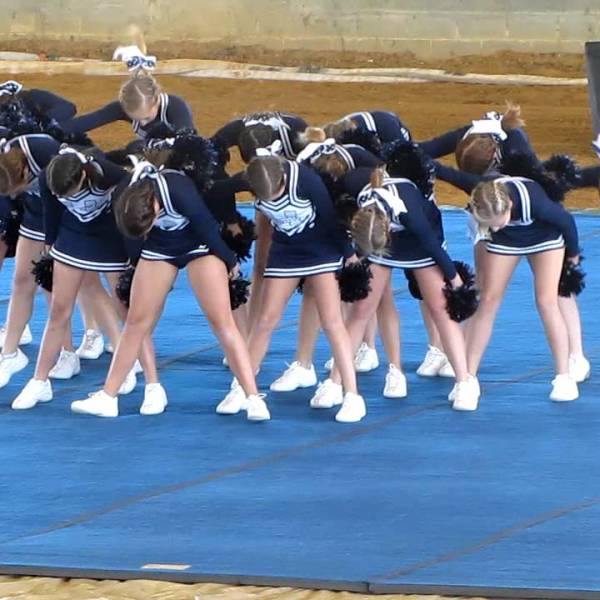 GROUP PROGRAM ATTENDANCE RULES
GROUP PROGRAM ATTENDANCE RULES
- 8.1 All members of the Dance Center may attend Mira Group Programs by schedule.
- 8.2 Before attending a group lesson, you must sign up for classes in your Personal Account. Limited number of seats.
- 8.3 Before starting a group lesson, it is mandatory to provide a Dance Card.
- 8.4 In case of being late for a group lesson by more than 10 minutes, the coach has the right not to admit the latecomer.
- 8.5 In order to avoid causing inconvenience, Dance Center Members/Guests who are in a group lesson, other Dance Center Members/Guests are prohibited from freely moving around the hall in which group training is held, entering it for equipment and in any other way distracting the coach and participants group program from the lesson.
9. RULES FOR ATTENDING THE SATELLITE STUDIES
- 9.1 To visit, you must pay for a one-time lesson or a subscription for an unlimited visit to the studio in your Personal Account.
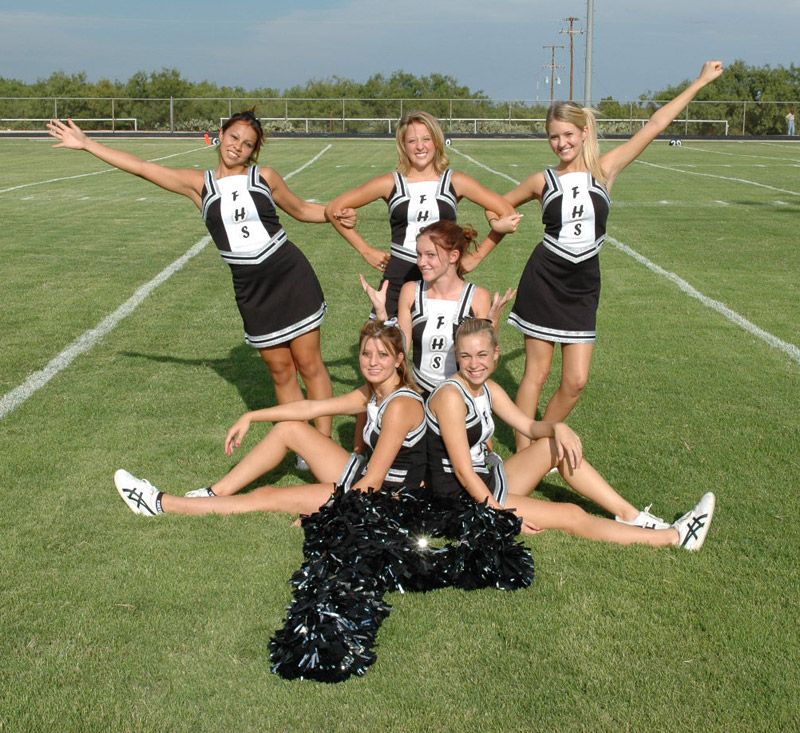
- 9.2 Cancellation of a one-time lesson in the studio is possible no later than 4 hours before it starts.
- 9.3 In case of missing a one-time lesson or untimely cancellation, the money for the lesson is not returned.
- 9.4 The owners of subscriptions for unlimited visits to the studio must first sign up for classes in the Personal Account. Limited number of seats.
- 9.5 In case of being late for a lesson by more than 10 minutes, the coach has the right not to admit the latecomer.
10. "PAUSE" SERVICE
- 10.1 The "Pause" service suspends the monthly subscription while saving individual data on the Dance Card.
- 10.2 When the Pause service is activated, subscriptions for attending classes in satellite studios are cancelled.
- 10.3 Connection and payment for the "Pause" service is carried out by the Member of the Dance Center independently in the Personal Account.
 Starting from the second month, the service is paid for by writing off a regular monthly payment in the amount specified in the Unified Price List.
Starting from the second month, the service is paid for by writing off a regular monthly payment in the amount specified in the Unified Price List.
- 10.4 The “Pause” service can be activated for any period an unlimited number of times a year.
- 10.5 Disabling the "Pause" service is carried out by the Members of the Dance Center independently in the Personal Account.
11. LIMITATION OF ACCESS TO THE DANCE CENTER
- 11.1 The Company has the right to restrict access to the territory of the Dance Center in case of payment arrears and / or violation of these rules for visiting the Dance Center. Access is restricted by blocking the Dance Card.
- 11.2 Blocking can be removed at the service desk of the Dance Center after the circumstances that caused it have been eliminated.
- 11.3 After 14 calendar days from the date of blocking the Dance Card, the registration data on it will be cancelled.
 To renew your membership, you will need to purchase a new subscription.
To renew your membership, you will need to purchase a new subscription.
- 11.4 The Company is not liable for harm caused to the life and/or health of a Member of the Dance Center resulting from:
- ✓ providing the Company with false information about the state of one's health;
- ✓ acute or chronic illness of a Dance Center Member;
- ✓ Dance Center Member's negligence;
- ✓ Classes of the Member of the Dance Center according to their own program, inconsistent with the employees of the Dance Center;
- ✓ violation by the Member of the Dance Center of the Rules and / or rules of safety and / or personal hygiene when using the Services, Additional Services, and / or recommendations of the employees of the Dance Center, recommendations posted on information and / or warning, prohibition signs in the Dance Center center or equipment;
- ✓ actions of third parties;
- ✓ in other cases stipulated by the Contract/Agreement or the legislation of the Russian Federation.
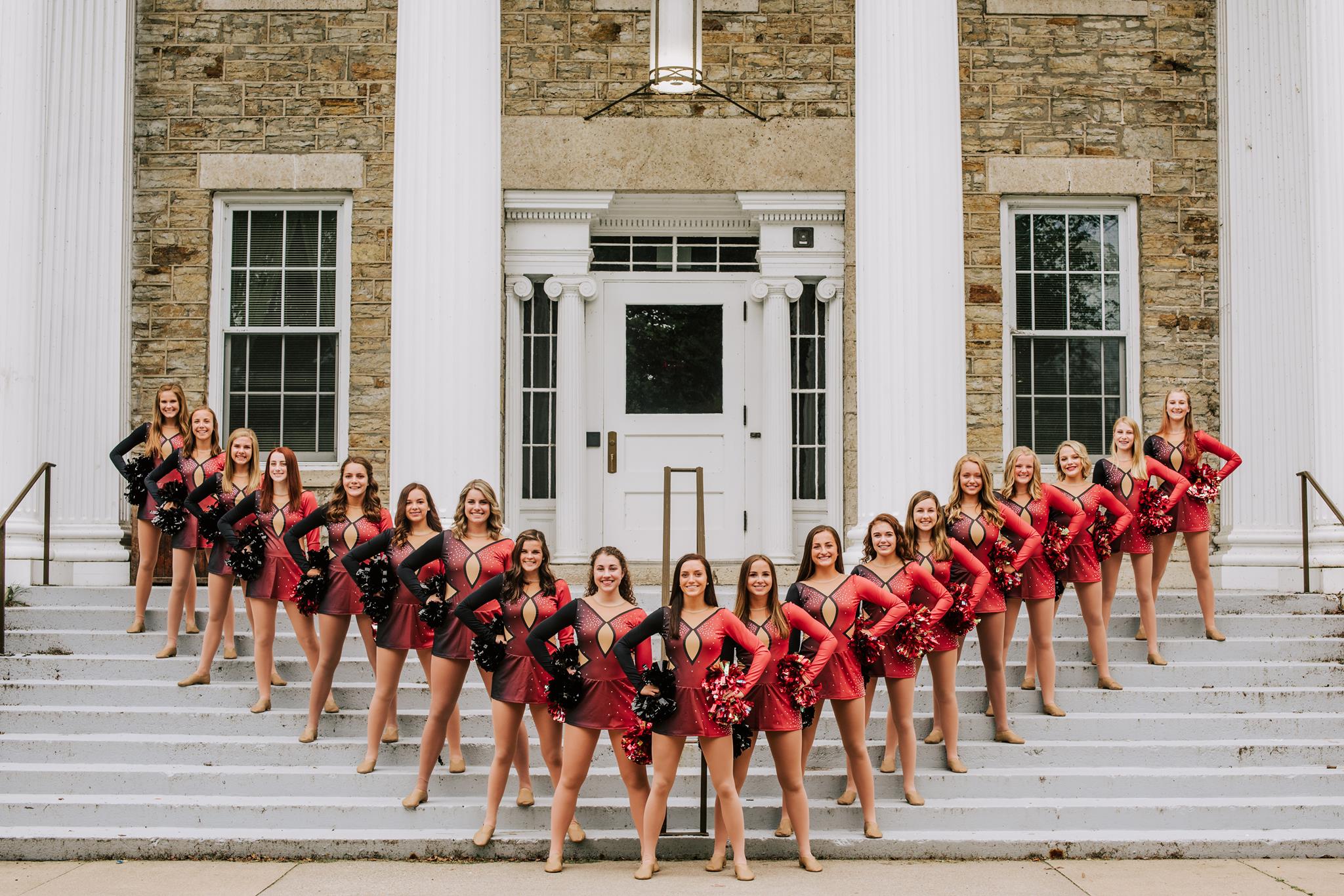
- ✓ providing the Company with false information about the state of one's health;
12. IT IS UNACCEPTABLE IN OUR DANCE CENTER:
- 12.1 Organize and conduct personal training, even on a gratuitous basis.
- 12.2 Be under the influence of alcohol or drugs.
- 12.3 Use alcohol or drugs, smoke.
- 12.4 Carry any type of weapon, explosive, flammable, toxic or strong-smelling substances, glass containers.
- 12.5 Move equipment and property outside the Dance Center.
- 12.6 Damage to equipment and inventory.
- 12.7 Enter service and other technical premises.
- 12.8 Adjust engineering equipment.
- 12.9 Talking loudly and aggressively, using profanity and doing things that might disturb others.
- 12.10 Perform religious rites and rituals.
- 12.11 Insult, harm health, threaten people's lives.
- 12.12 Eat in training areas.
- 12.13 Conduct private business activities on the territory of the Dance Center, place announcements, promotional materials, conduct surveys and distribute goods.
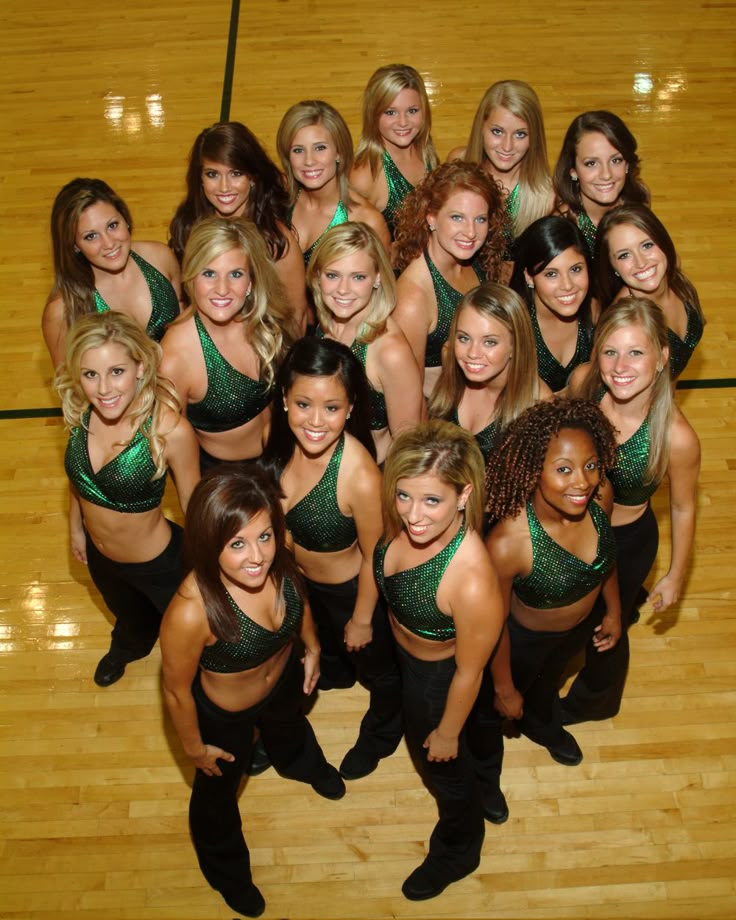
- 12.14 Independently use the musical and other equipment of the Dance Center.
- 12.15 Enter the territory of the Dance Center with animals.
- 12.16 Additional restrictions may be introduced in certain areas of the Dance Center.
- 12.17 Leave children of preschool and primary school age in the reception area without adult supervision.
13. FINAL PROVISIONS
13.1 The Administration of the Dance Center has the right to supplement and change these rules. The new rules come into force from the moment they are posted on the Company's Website, as well as on the information stand in the Dance Center.
Dance Team - Yorktown
Skip NavigationAPS Main
- PRIMARY SCHOOLS
- Abingdon
- Arlington Science Focus
- Arlington Traditional
- Ashlon
- Barcroft
- Barrett
- Campbell
- Cardinal
- Carlin Springs
- Claremont
- Opening
- Drew
- Fleet
- patch of land
- Hoffman-Boston
- Innovations
- Integration station
- Jamestown
- Basic
- Long Branch
- Montessori
- Nottingham
- Oak Ridge
- Randolph
- Taylor
- Tuckahoe
- SECONDARY SCHOOLS
- Dorothy Hamm
- Gunston
- Jefferson
- Kenmore
- Swanson
- Williamsburg
- HIGHER EDUCATION AND PROGRAMS
- Arlington Career Center
- Arlington Tech
- Arlington Community High School
- HB Woodlawn
- Wakefield
- Washington Liberty
- Yorktown
- Langston
- Shriver
- Virtual Learning Program (VLP)
- DISTRICT SITE
Skip navigation
Skip sidebar links
The dance team performs at all home football and Friday night basketball games, and competes in various competitions throughout the year. Members are selected on a competitive tryout with 3 outside judges. Pupils of eight-eleventh grades are invited to try. These tests take place in the spring for 5 days. Qualification test requirements include: single pirouette, Russian, right split, high kicks and split jump. These skills are taught during a week of trial training. Potential new members will be trained 9A 0-second exercise that includes a variety of dance styles including: pom, hip-hop, military. This exercise is performed on the 5th trial night in front of a panel of 3 outside judges. The selection results will be announced tonight.
Members are selected on a competitive tryout with 3 outside judges. Pupils of eight-eleventh grades are invited to try. These tests take place in the spring for 5 days. Qualification test requirements include: single pirouette, Russian, right split, high kicks and split jump. These skills are taught during a week of trial training. Potential new members will be trained 9A 0-second exercise that includes a variety of dance styles including: pom, hip-hop, military. This exercise is performed on the 5th trial night in front of a panel of 3 outside judges. The selection results will be announced tonight.
Team members must attend all practices, competitions and performances, including the 4-day sleepover dance camp. This dance camp runs from mid to late July. The team conducts summer training for 3 weeks before the camp, and in August begins regular training during the school year.
During the preparation for the competition, practice can be extended. The dance team's season will run until the end of February and will resume again for auditions in May.